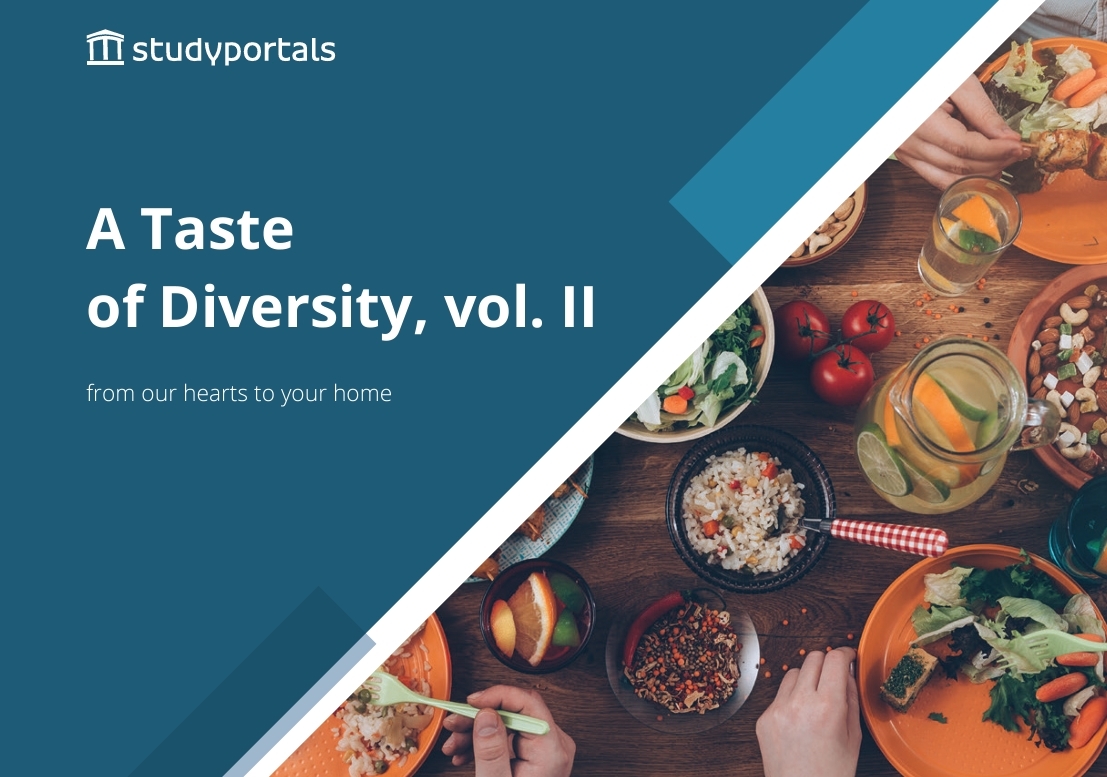Increasing organic traffic with a more relevant student audience
On July 1st, a new version of our search results page on Mastersportal was updated. With approximately 1 year of research and several try-outs, we reached the final framework and design that it is now available for students and partner universities.
This update was needed to strengthen our position in Google and keep on growing our organic traffic to our portals. Google continuously updates their algorithms and becomes increasingly more intelligent and able to understand what students are looking for. Old fashioned landing pages with little valuable content for users, clearly written for SEO purposes, are slowly losing their value on Google. “We want to make sure that we deliver the most relevant content for our visitors. Therefore, we needed an approach that would benefit our visitors and appeals to the most modern search engine algorithms.”, according to our internal SEO expert Chris van Baal who developed the search strategy together with SEO consultant Serbay Arda Ayzit.
Our new search page is tailored to students who are exploring or comparing their study options. For example, when students are searching on Google for Online Masters in Economics, they most likely want to see a list of programmes that match those criteria immediately when arriving on the website. This is what our new search page delivers.
Another major benefit of this new search page is that we can use it as landing page for our student marketing traffic from various channels. Students that click on an Ad to e.g. “Explore Masters in Germany” will directly land on our search page with the desired filters applied. This will improve the quality of this traffic.
The idea of an indexable search page, which can show up in the Google search results, has been pioneered over 2 years ago with a Minimal Viable Product (MVP) on Mastersportal. We combined our learnings, with additional research and SEO expertise. Together we have drafted the functional and technical requirements for the new page. Conclusions were based on research using several SEO Audit tools, examples from leading tech websites, search volume analysis, and much more. Wireframes and initial designs were created and tested with users in remote testing sessions.
The last phase of our research was putting our framework to the test on PhDportal. We have added the new search page live on PhDportal in March and discovered how Google indexes it, which parts work as expected and which parts didn’t. The page was further optimised before releasing it to our biggest portal, Mastersportal, in July.
The main objective was that we wanted to restructure our landing pages and how they tie together to better match the student journey in finding a study. This means that the new search page is the first important step towards this vision.
One of the largest benefits for universities is that we are increasing organic traffic with a more relevant student audience. With the new search page, we are able to attract students using search engines to find a specific type of degree, country, subject, budget, etc. and immediately present them relevant study options featured by our partner universities. Hence, those students will be naturally more interested and engaged with our portals.
Currently, we are planning to launch this new search on all our other portals by the end of September. In the weeks to come, we will continue making improvements to this page.
For more updates, follow us!





